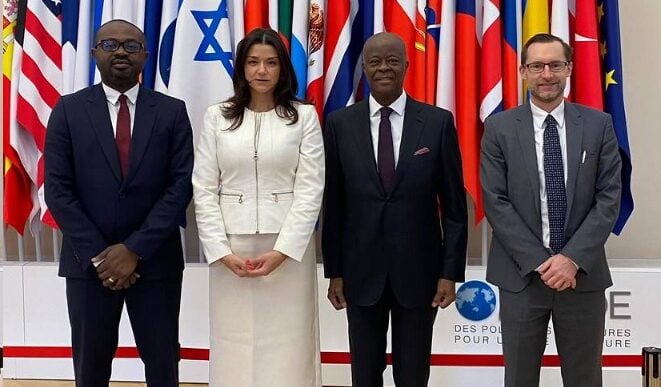BY TAIBAT HUSSAIN
We now live in what some scholars call a postdigital world, where digital technologies are no longer separate or novel but are deeply woven into how we live, learn, and think. At the centre of this transformation is Artificial Intelligence (AI).
From classrooms where students engage almost daily with generative tools to algorithms deciding what is seen and consumed online, AI has already moved from the margins of innovation into the heart of everyday life. Across the world, governments are scrambling to regulate it, even as they lag behind technology companies racing to build faster, smarter, and more powerful tools and systems.
While conversations about AI continue to be dominated by experts, policymakers, and multinational corporations, public understanding is lagging, with most people who will live with its impact being left out. This gap between the creators of AI and the people most affected by it is widening daily. This exclusion is not harmless or trivial. It threatens to create a new digital divide, one not just of access but of understanding. Without AI literacy, millions risk becoming passive consumers in a world where algorithms quietly shape their selves, choices, opportunities, and freedoms. Therefore, in my opinion, the question we should be asking is no longer whether AI will change our world but who will be left behind and most affected by its (un)intended consequences.
Advertisement
The debate surrounding AI has become polarised globally. On one side are the technology enthusiasts who see AI as a force for good, openly celebrating its power to solve major problems, improve lives and shape the future (albeit positively). On the other side are those urging caution, sounding warnings about bias, misinformation, technology-facilitated gender-based violence, the unchecked pace of AI’s growth, and its potential to reinforce discrimination and further marginalise vulnerable groups. Both perspectives are important. However, somewhere between optimism and caution lies a more urgent challenge: preparing everyday people to engage critically and responsibly with AI.
At the Brain Builders Youth Development Initiative (BBYDI), we see this challenge every day. Students and young people use generative AI tools with a limited understanding of their implications, communities where misinformation spreads faster than the truth, and conversations with parents and teachers who feel they are lagging behind in a world that is changing too quickly. BBYDI’s work, whether through the HerSafeSpace project, which provides support and resources for women and girls experiencing TFGBV, or innovations that address misinformation and disinformation, has always been about making technology serve people, not the other way around.
This is why we launched AI Literacy for Everyday People, supported by Patrick J. McGovern Foundation, a national effort to make AI understandable, usable, safe, and ethical for all Nigerians, regardless of age, education, or location. Through schools, radio, and community learning, the project is designed to meet people where they are. A radio drama series in Yoruba, Pidgin, and Hausa brings AI to life in stories that everyday people can relate to. Flashcards and storybooks for schools and educational centres make AI less abstract and more tangible for young people. Training programmes for teachers, parents, and youth champions build local capacity to teach and discuss AI responsibly. As part of this initiative, the BBYDI is working on a national AI literacy framework to help shape a new generation of informed and responsible citizens.
Advertisement
The reality is clear: AI will influence every aspect of life, but without a literate public, it could deepen existing inequalities, making technology yet another site of exclusion and control. In Nigeria, AI literacy is not optional. It is a national priority, and it is commendable to see the Nigerian Federal Government introduced a revised national curriculum in September 2025 that integrates digital technology, including coding and Artificial Intelligence (AI), into basic and senior secondary education. The future is already written in codes, data, and algorithms. However, unless we democratise understanding, it will be written about us, not with us.
As an organisation rooted in the community and driven by the belief that knowledge should empower, not exclude, we are choosing to lead from the ground up to ensure that in Nigeria’s AI future, no one is left behind – and that everyday people are prepared, informed, and empowered to understand and engage with AI responsibly.
Taibat Hussain is a PhD researcher at the University of East Anglia.
Advertisement
Views expressed by contributors are strictly personal and not of TheCable.










